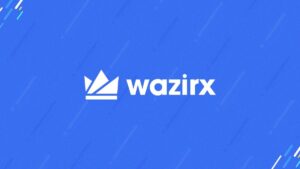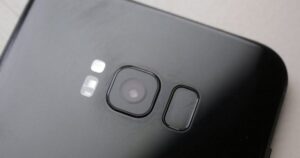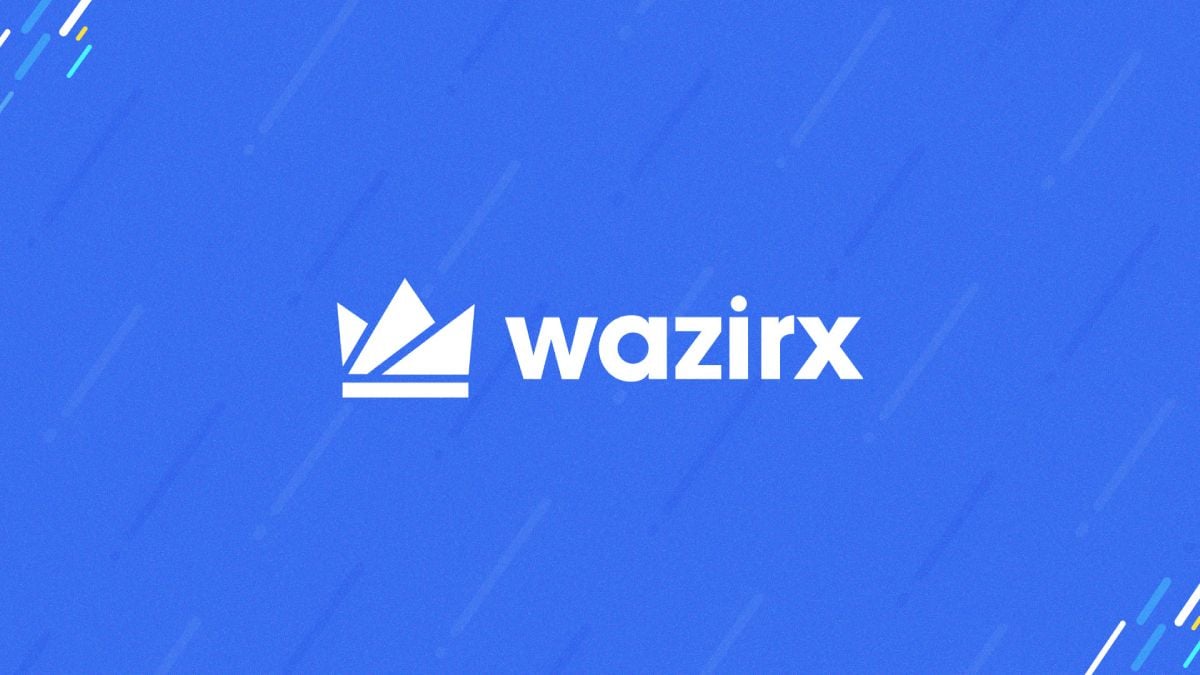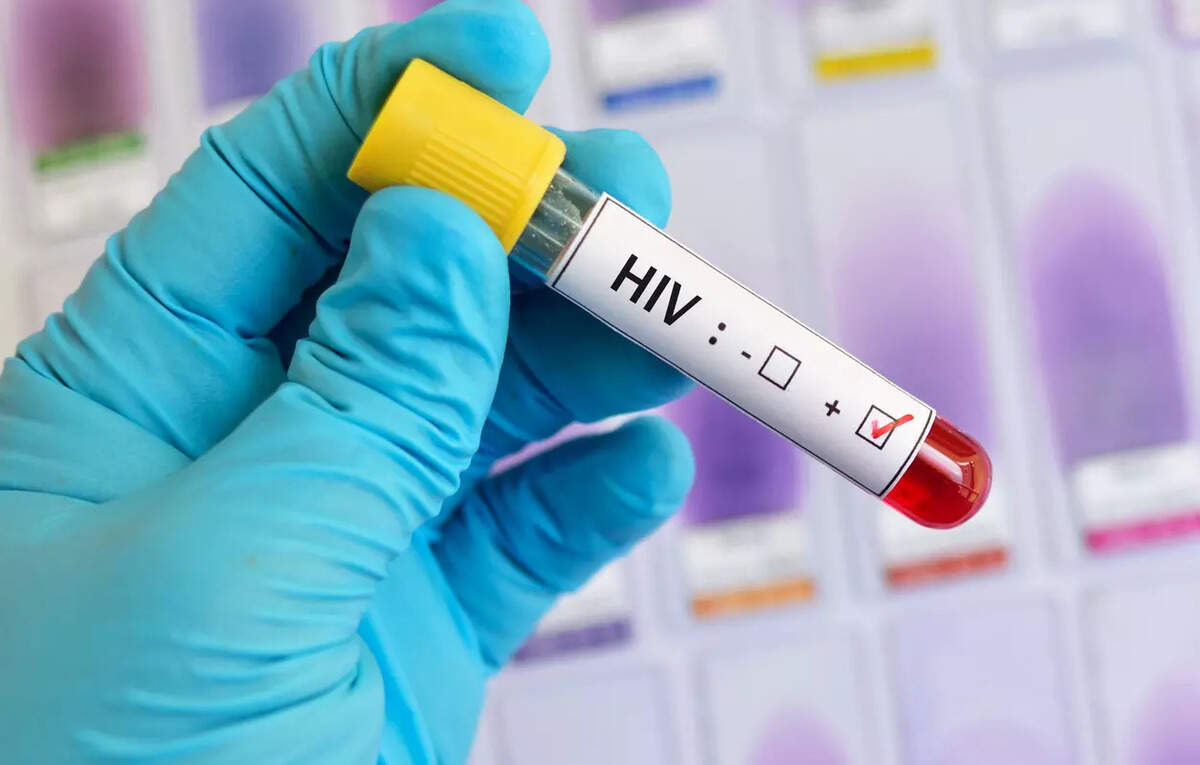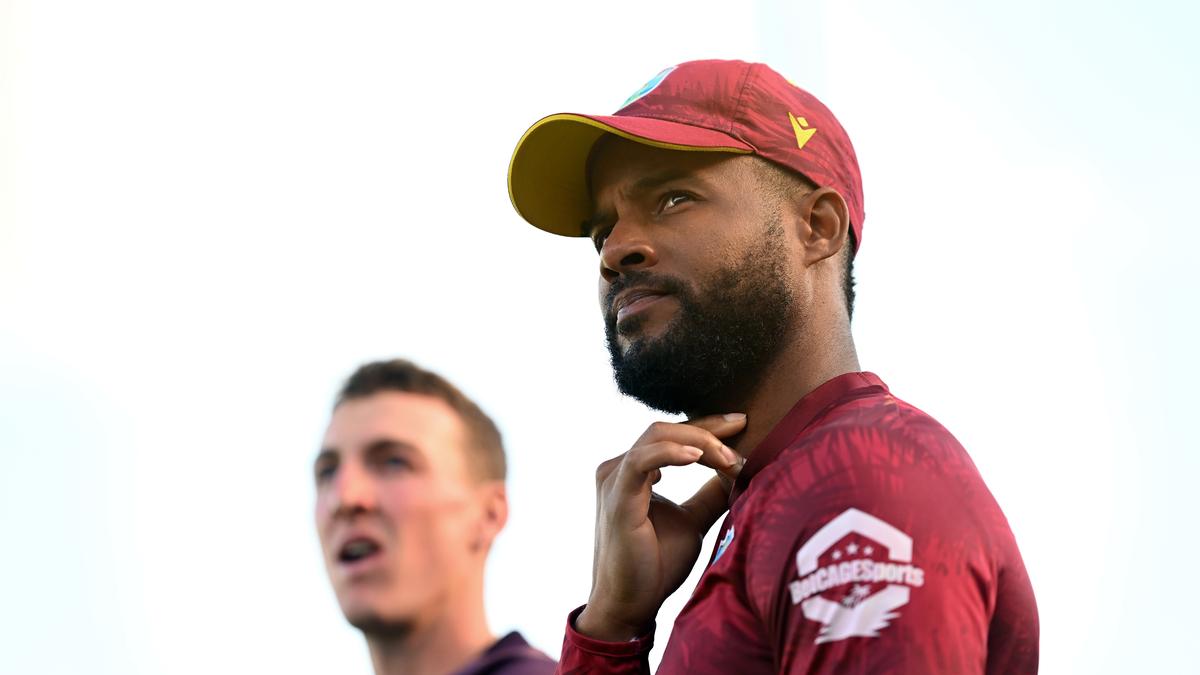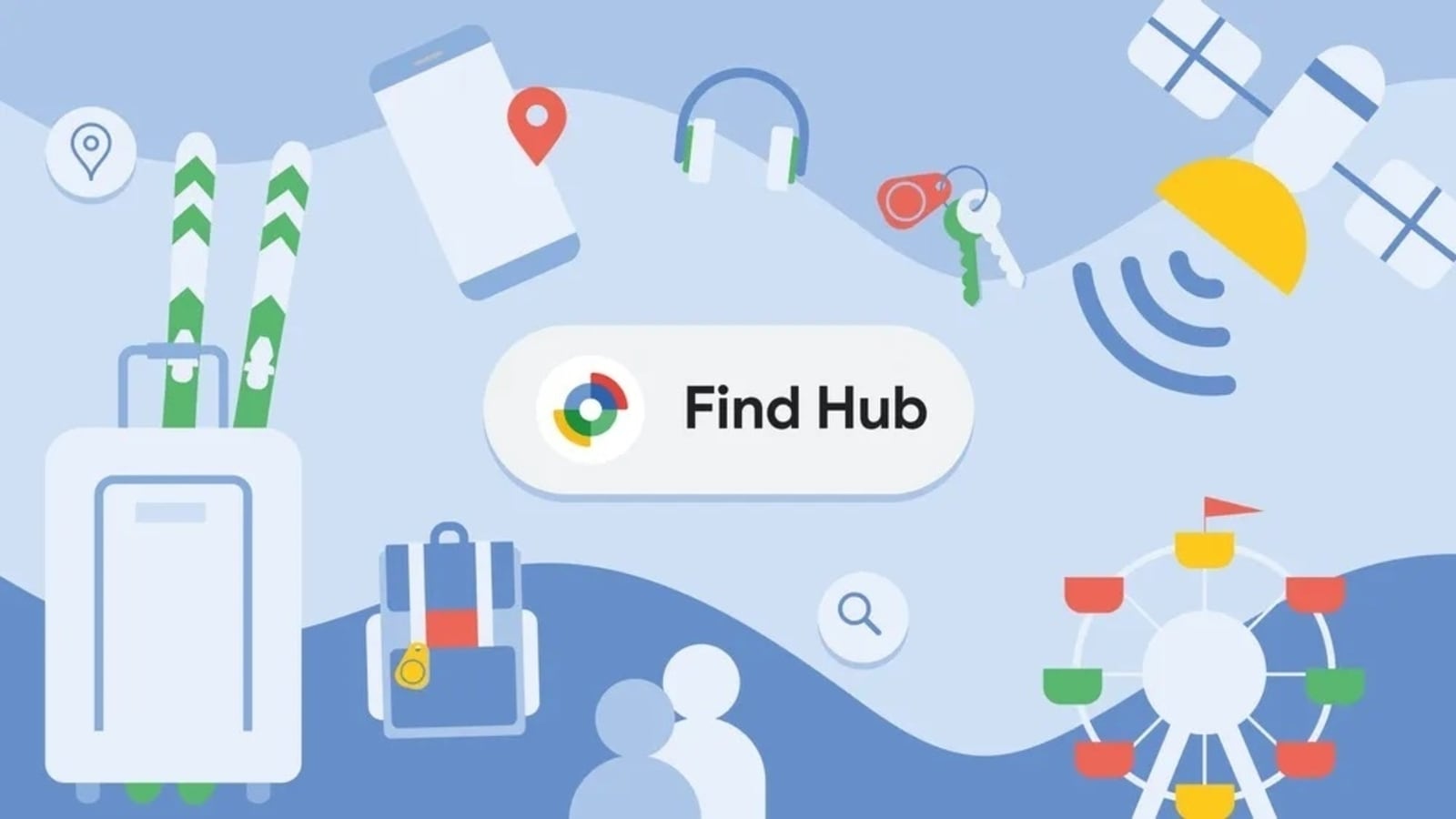
The Evolution of Android Device Tracking Service: A New Era for Android Users
Google has recently taken a significant step forward in enhancing its device-finding service by rebranding the “Find My Device” app to “Find Hub.” This change is more than just a name swap; it reflects the app’s expanded capabilities beyond simply locating lost phones and tablets. The new branding signals a more comprehensive system for tracking devices and people, addressing the confusion surrounding its functions. In this article, we’ll delve into the implications of this change, the challenges Android users still face with third-party trackers, and the exciting new features introduced by the Find Hub app.
A Brief History of Google’s Device-Finding Service
Originally, the “Find My Device” app was designed to locate Android phones, tablets, and watches connected to a user’s Google account. Over time, Google expanded the app to include location sharing and support for external trackers. However, the old name no longer captured the full range of features, making the new “Find Hub” branding a logical move. This rebranding acknowledges the app’s growth and its ability to cater to a broader range of user needs.
Challenges with Android Trackers: A Persistent Issue
Despite the improvements brought about by the Find Hub app, Android users still struggle with the effectiveness of AirTag alternatives. Although Google’s tracking network has grown stronger, with reports showing it is now four times faster than at launch, many users report ongoing issues. For instance, some trackers fail to update their location regularly or do not connect reliably to the phone. A Reddit user reported that their tracker did not ping for over 24 hours while inside a car, highlighting the inconsistency in performance. Personal experiences also underscore the problems; for example, a Pebblebee Card meant to help locate a wallet often fails to connect and trigger an alert.
These issues demonstrate that current Android-compatible trackers vary widely in performance. Problems include difficulty entering pairing mode, unreliable connections, and inconsistent location updates. This inconsistency makes it challenging to recommend a clear winner among the available options. The lack of reliability and consistency in Android trackers is a significant concern, and it’s essential for Google to address this issue to provide a seamless experience for its users.
Find Hub App: New Features and Partner Support
The Find Hub app introduces several exciting new features, including support for ultra-wideband (UWB) technology, which allows for more precise tracking. Starting later this month, Android users will be able to locate Motorola’s Moto tags using UWB. Additionally, Google plans to add satellite connectivity in 2025, enabling location tracking without a cellular signal. This feature will be a game-changer for users who frequently find themselves in areas with limited or no cellular coverage.
Find Hub also separates device tracking from location sharing, making it easier to manage both. Users can share their location with friends or family for set periods or indefinitely. Partners like July and Mokobara will provide better baggage tracking, while Peak will help track skis. Google is also working with airlines such as British Airways, Cathay Pacific, and Singapore Airlines to improve luggage tracking through Find Hub. These partnerships demonstrate Google’s commitment to providing a comprehensive tracking solution that caters to various user needs.
The Future of Android Trackers: Opportunities and Challenges
While the rebranding and new features mark progress, the effectiveness of Android-compatible trackers remains an area needing improvement. Users will likely welcome the upgrades, but many hope for more reliable hardware and software integration in the future. The success of Find Hub depends on Google’s ability to address the existing issues with Android trackers and provide a seamless experience for its users.
In conclusion, the Find Hub app represents a significant step forward for Google’s device-finding service. The new branding and features demonstrate Google’s commitment to providing a comprehensive tracking solution for Android users. However, the challenges with Android trackers persist, and it’s essential for Google to address these issues to provide a reliable and consistent experience for its users. As the Find Hub app continues to evolve, we can expect to see improved performance, new features, and enhanced partnerships that will further enhance the user experience.
Also read: Google hits 150 million users for subscription service with help of AI
Also read: 5 Essential cloud tools that let you work seamlessly across devices
Also read: Oppo Reno 14 Pro confirmed to feature a 50MP ultra-wide lens, 6,200mAh battery, and more
Content originally published by tech.hindustantimes.com



